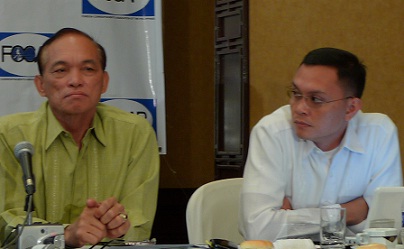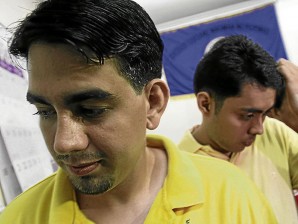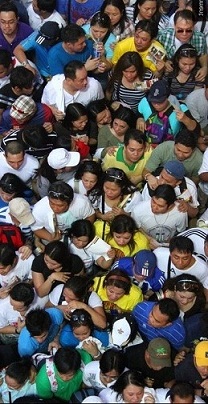This article was first published on January 18, 2009. We are re-posting this as Lt. Col Ferdinand Marcelino is again in the news after he was arrested in a drug bust operation last Jan. 21. Marcelino says his presence in the shabu den was a legal operation. His lawyer said it was a “frameup”
By Ellen Tordesillas, VERA Files
THE soldier who stirred a hornet’s nest by accusing Department of Justice officials of bribery in the so-called “Alabang Boys” case could have been a millionaire by now.
Marine Maj. Ferdinand Marcelino, chief of the Special Enforcement Service of the Philippine Drug Enforcement Agency, has experienced being bribed by smugglers, politicians and drug dealers in his 14-year career as a military officer.
But Marcelino, who belongs to the Philippine Military Academy Class of 1994, said he has made it a point to give back the thick envelopes stuffed with cash, and was not even curious enough to count the money and see how much he is worth.





